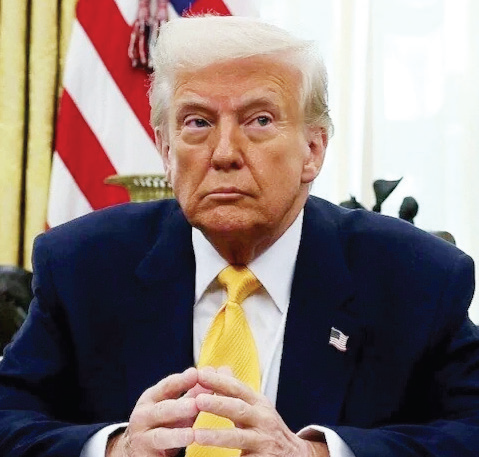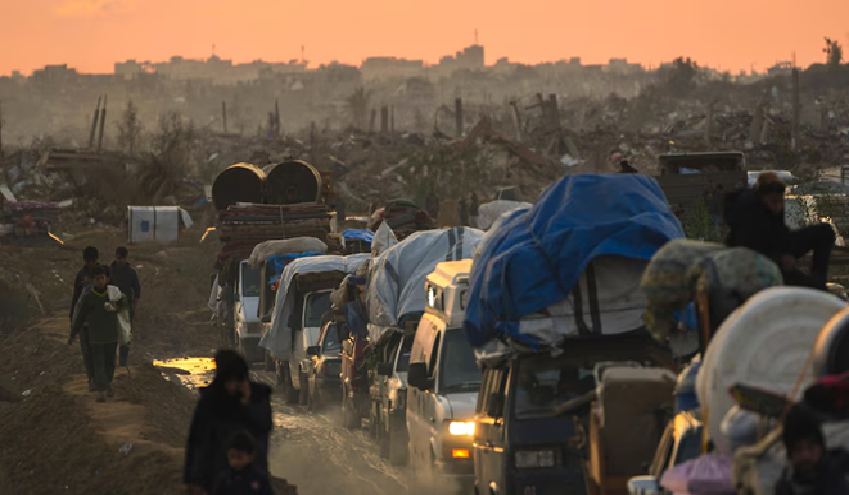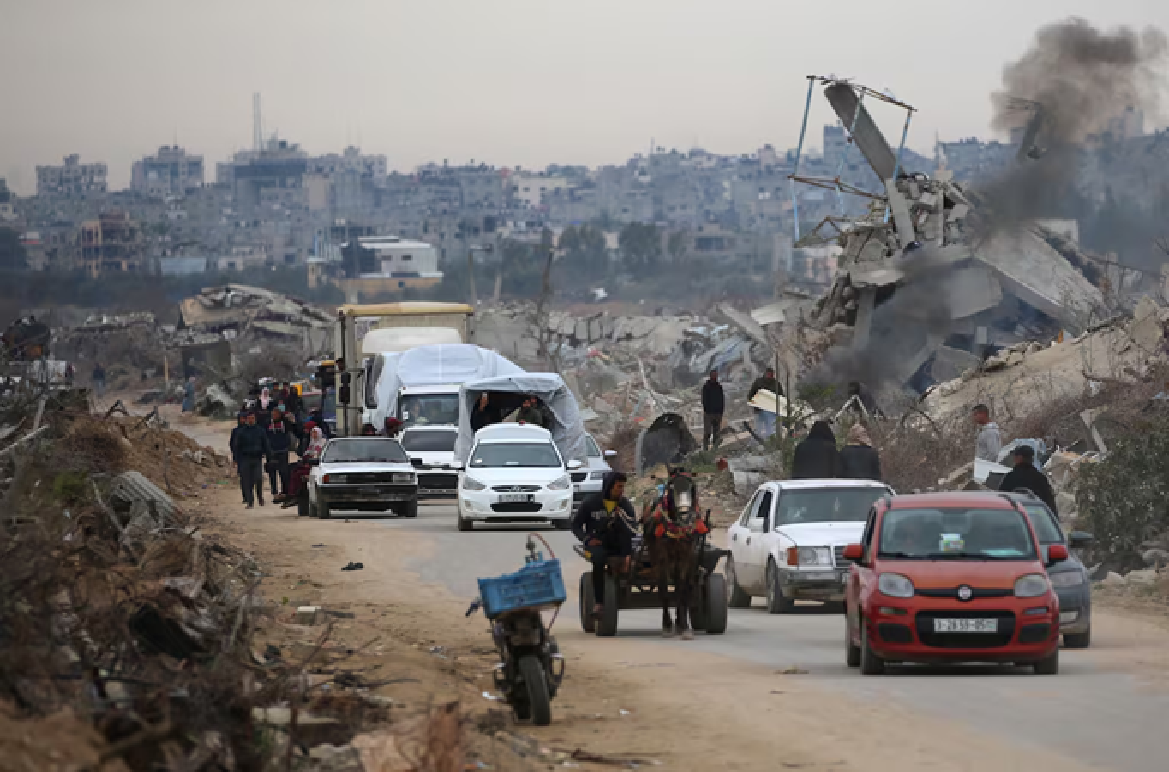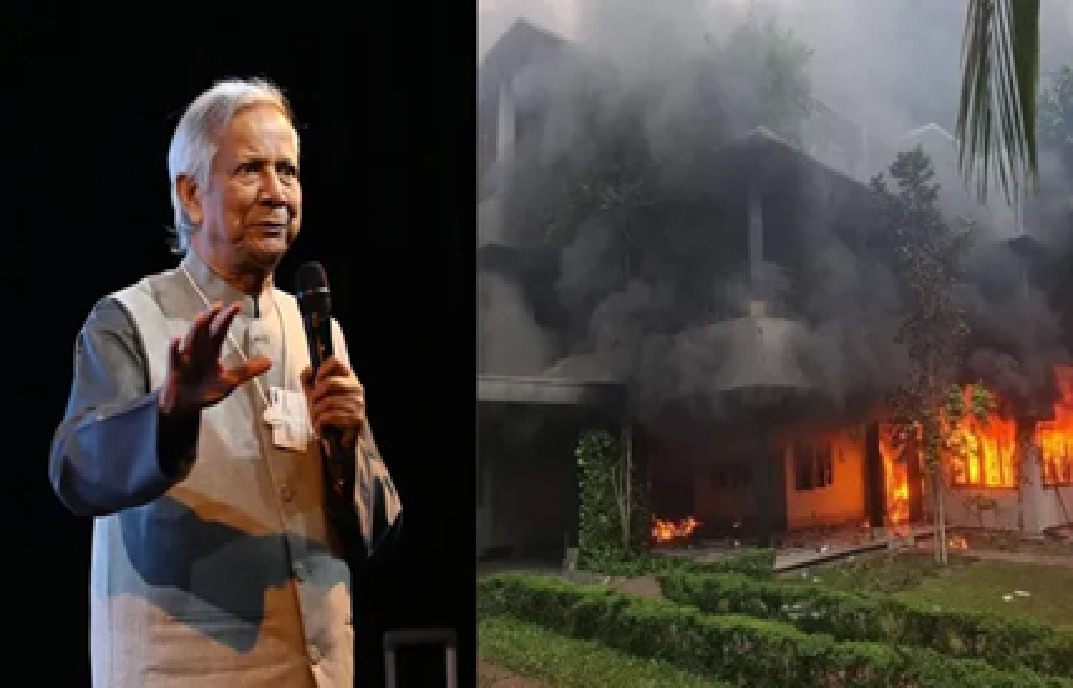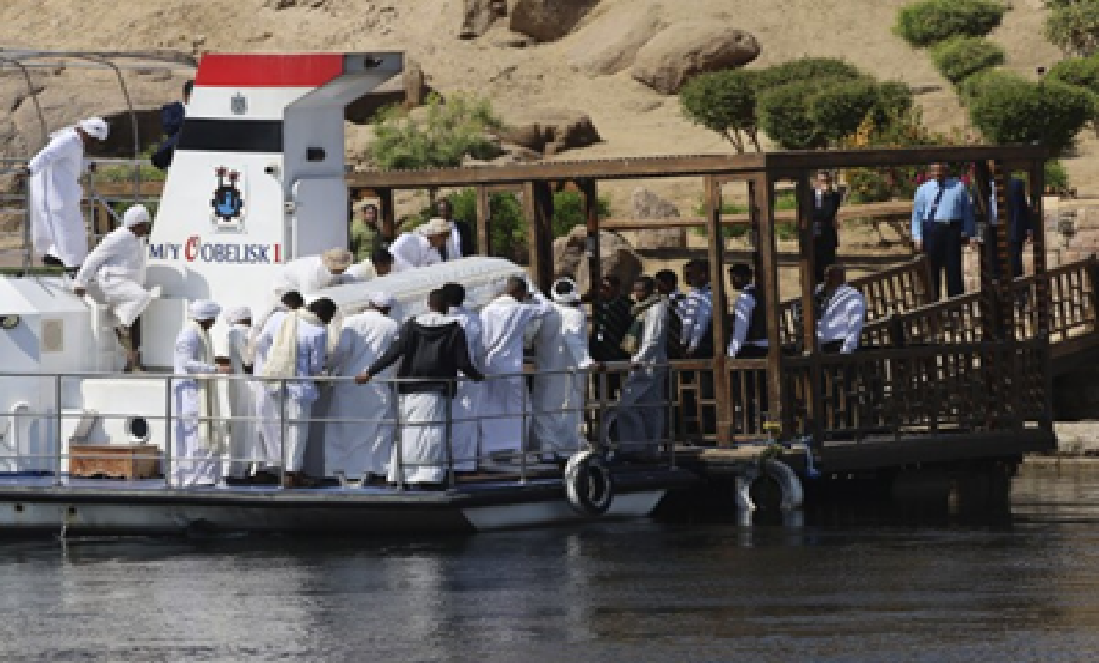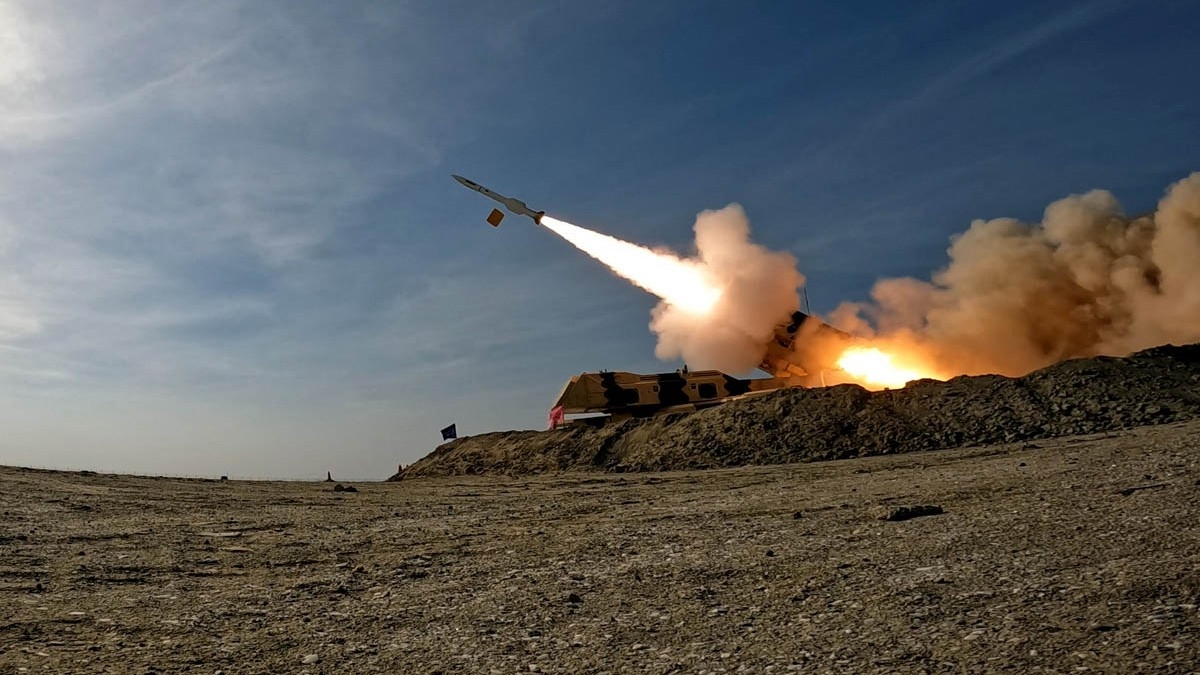
Iran says it successfully launched a satellite in its programme, criticised by West over missile fears
Associated Press Tehran: Iran launched a satellite into space Saturday with a rocket built by the country's paramilitary Revolutionary Guard, state-run media reported, the latest for a program the West fears helps Tehran advance its ballistic missile program. Iran described the launch as the second such launch to put a satellite into orbit with the rocket. Independent scientists later confirmed the launch and that the satellite reached orbit. Footage later released by Iranian media showed the rocket blast off from a mobile launcher. An Associated Press analysis of the video and other imagery later released suggested the launch happened at the Guard's launch pad on the outskirts of the city of Shahroud, some 350 kilometres (215 miles) east of the capital, Tehran.
The launch comes amid heightened tensions gripping the wider Middle East over the ongoing Israel-Hamas war in the Gaza Strip, during which Tehran launched an unprecedented direct missile-and-drone attack on Israel. Meanwhile, Iran continues to enrich uranium to nearly weapons- grade levels, raising concerns among nonproliferation experts about Tehran's programme. Iran identified the satellite-carrying rocket as the Qaem-100, which the Guard used in January for another successful launch. Qaem means “upright” in Iran's Farsi language. The solid-fuel, three-stage rocket put the Chamran-1 satellite, weighing 60 kilograms (132 pounds), into a 550-kilometer (340-mile) orbit, state media reported.
The rocket bore a Quranic verse: "That which is left by Allah is better for you, if you are believers.” A state-owned subsidiary of Iran's Defense Ministry and experts at the Aerospace Research Institute built the satellite with others to “test hardware and software systems for orbital maneuver technology validation,” state media said, without elaborating. Gen. Hossein Salami, the head of the Guard, praised the launch in a statement and said scientists successfully overcame “the atmosphere of extensive and oppressive international sanctions."
 English daily published in Bengaluru & Doha
English daily published in Bengaluru & Doha

